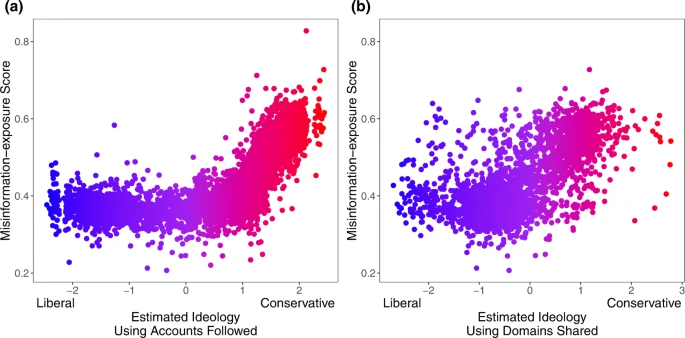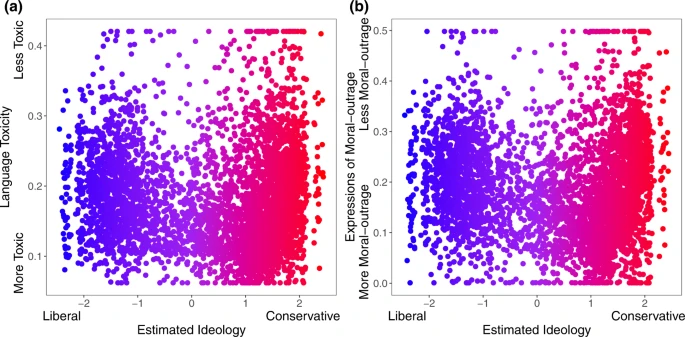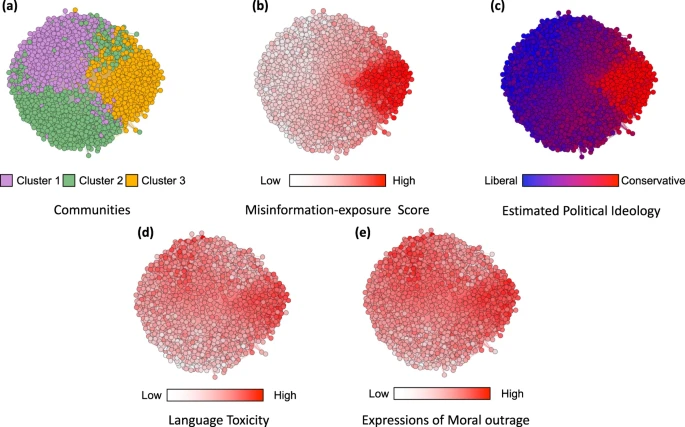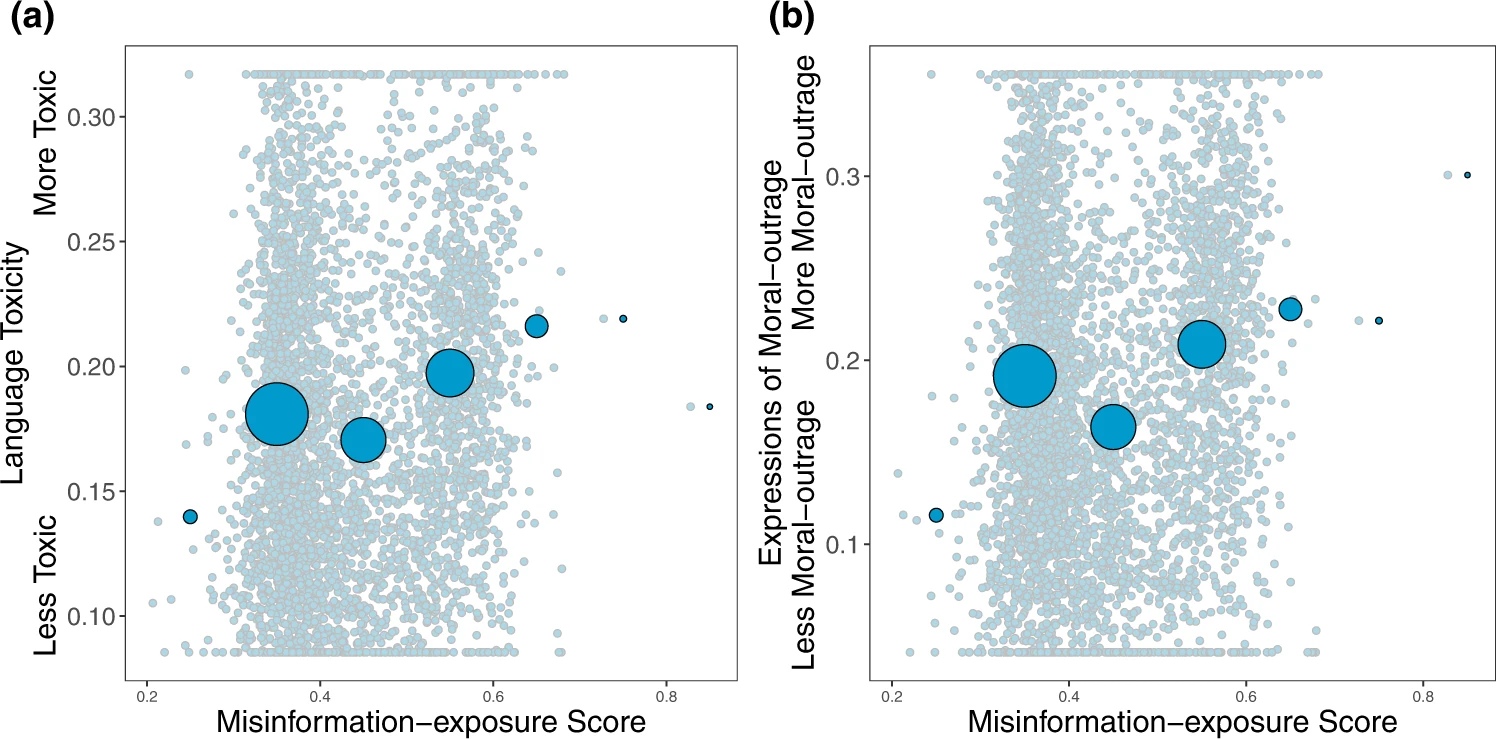Protestant Paranoia: The American Protective Association Oath
In 1887, Henry F. Bowers founded the nativist American Protective Association (APA) in Clinton, Iowa. Bowers was a Mason, and he drew from its fraternal ritual—elaborate regalia, initiation ceremonies, and a secret oath—in organizing the APA. He also drew many Masons, an organization that barred Catholics. The organization quickly acquired an anti-union cast. Among other things, the APA claimed that the Catholic leader of the Knights, Terence V. Powderly, was part of a larger conspiracy against American institutions. Even so, the APA successfully recruited significant numbers of disaffected trade unionists in an era of economic hard times and the collapse of the Knights of Labor. This secret oath taken by members of the American Protective Association in the 1890s revealed the depth of Protestant distrust and fear of Catholics holding public office.
I do most solemnly promise and swear that I will always, to the utmost of my ability, labor, plead and wage a continuous warfare against ignorance and fanaticism; that I will use my utmost power to strike the shackles and chains of blind obedience to the Roman Catholic church from the hampered and bound consciences of a priest-ridden and church-oppressed people; that I will never allow any one, a member of the Roman Catholic church, to become a member of this order, I knowing him to be such; that I will use my influence to promote the interest of all Protestants everywhere in the world that I may be; that I will not employ a Roman Catholic in any capacity if I can procure the services of a Protestant.
I furthermore promise and swear that I will not aid in building or maintaining, by my resources, any Roman Catholic church or institution of their sect or creed whatsoever, but will do all in my power to retard and break down the power of the Pope, in this country or any other; that I will not enter into any controversy with a Roman Catholic upon the subject of this order, nor will I enter into any agreement with a Roman Catholic to strike or create a disturbance whereby the Catholic employes may undermine and substitute their Protestant co-workers; that in all grievances I will seek only Protestants and counsel with them to the exclusion of all Roman Catholics, and will not make known to them anything of any nature matured at such conferences.
I furthermore promise and swear that I will not countenance the nomination, in any caucus or convention, of a Roman Catholic for any office in the gift of the American people, and that I will not vote for, or counsel others to vote for, any Roman Catholic, but will vote only for a Protestant, so far as may lie in my power. Should there be two Roman Catholics on opposite tickets, I will erase the name on the ticket I vote; that I will at all times endeavor to place the political positions of this government in the hands of Protestants, to the entire exclusion of the Roman Catholic church, of the members thereof, and the mandate of the Pope.
To all of which I do most solemnly promise and swear, so help me God. Amen.
Source: "The Secret Oath of the American Protective Association, October 31, 1893," in Michael Williams, The Shadow of the Pope (New York: McGraw-Hill Book Co., Inc., 1932), 103–104. Reprinted in John Tracy Ellis, ed., Documents of American Catholic History (Milwaukee: The Bruce Publishing Company, 1956), 500–501.





